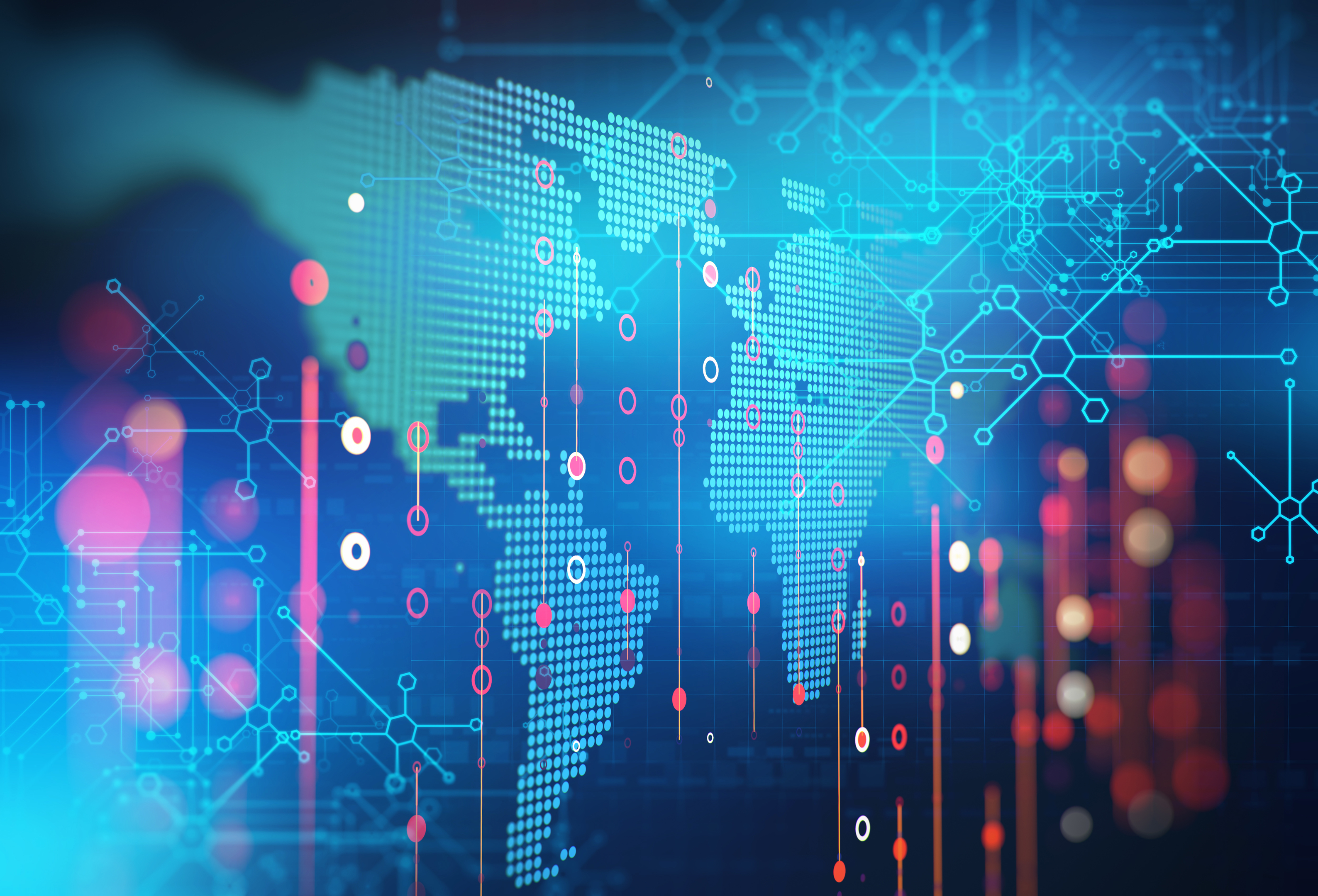
SMART implants into the skin to monitor health, and flying cars, are among the technologies Britons most want to see become reality, a new study has shown.
Space tourism accessible to the average consumer and virtual holidays undertaken in virtual reality (VR) also featured among the most desired innovations list.
The research was part of a report by futurologist Dr Ian Pearson to celebrate the launch of Channel 4’s new science fiction series Electric Dreams, which brings to life the work of writer Philip K. Dick.
Dr Pearson identified technological advances expected over the next 50 years, and asked consumers which they were most excited by.
Forty per cent of those surveyed said they would like to see smart health implants become routine – so that aliments could be automatically detected and diagnosed, while 28% said they want to see flying, driverless pods eventually replace cars.
Why it pays to think about the future… Author of new book reveals importance of planning ahead
However, fears about some aspects of technology also remain.
Nearly a third of those surveyed (31%) said they were worried about a future zombie-style virus, while robot armies and never-ending lives trapped in virtual bodies were also cited as concerns.
“Many of the things we take for granted today like instant mobile global communication at the touch of a button and computer networks which allow us to tap into the sum of all knowledge were once fanciful ideas of science fiction,” Dr Pearson said.
“Our human quest for innovation is relentless and we will continue to see a whole raft of developments as ideas that were once features of futuristic sci-fi books and TV series become not only a reality but an accepted part of our everyday lives.
“Philip K. Dick was among those who were years ahead of his time in identifying the changes we would see and Channel 4’s new series Electric Dreams is a fascinating insight into his vision, his predictive powers and his incredible story-telling.”
Such is the willingness to embrace new innovations that even potentially invasive technologies such as thought recognition technology – similar to the thought police seen in George Orwell’s dystopian novel 1984 – were backed by 23% of those surveyed.
The ten-part series of Electric Dreams continues on Sunday September 24.
Watch: Channel 4 series sheds light on Steve, who creates prosthetic limbs for kids for free

Enjoy the convenience of having The Sunday Post delivered as a digital ePaper straight to your smartphone, tablet or computer.
Subscribe for only £5.49 a month and enjoy all the benefits of the printed paper as a digital replica.
Subscribe